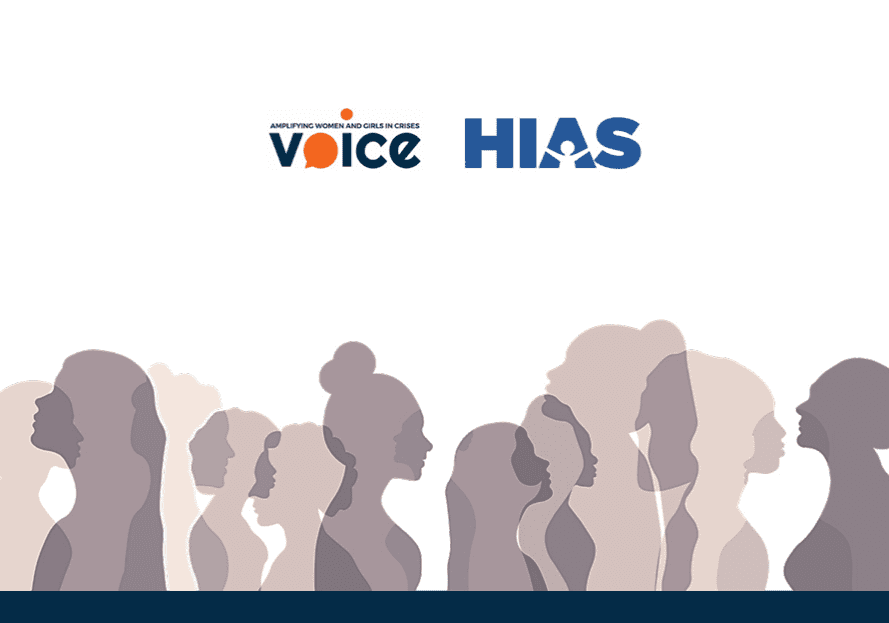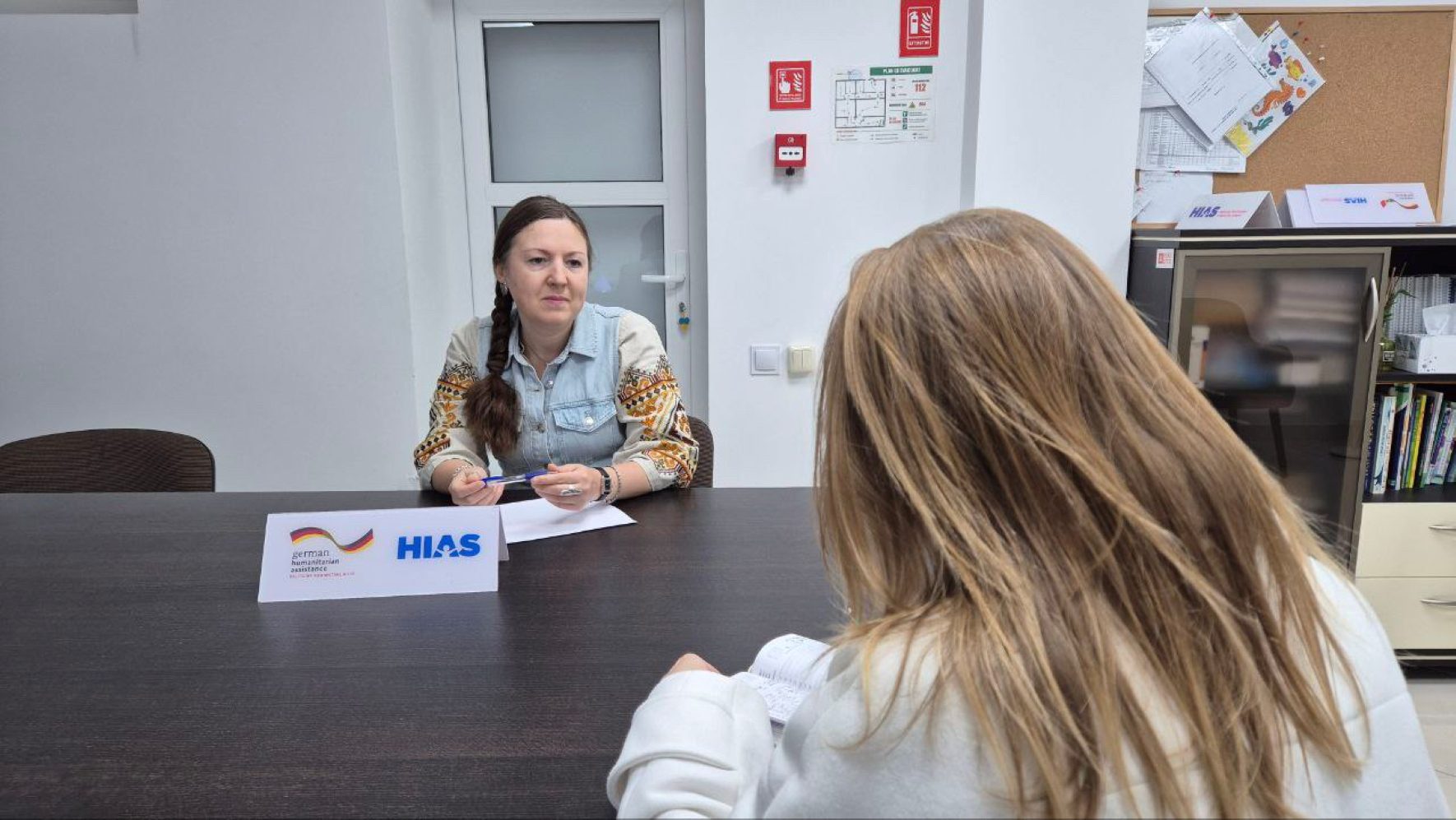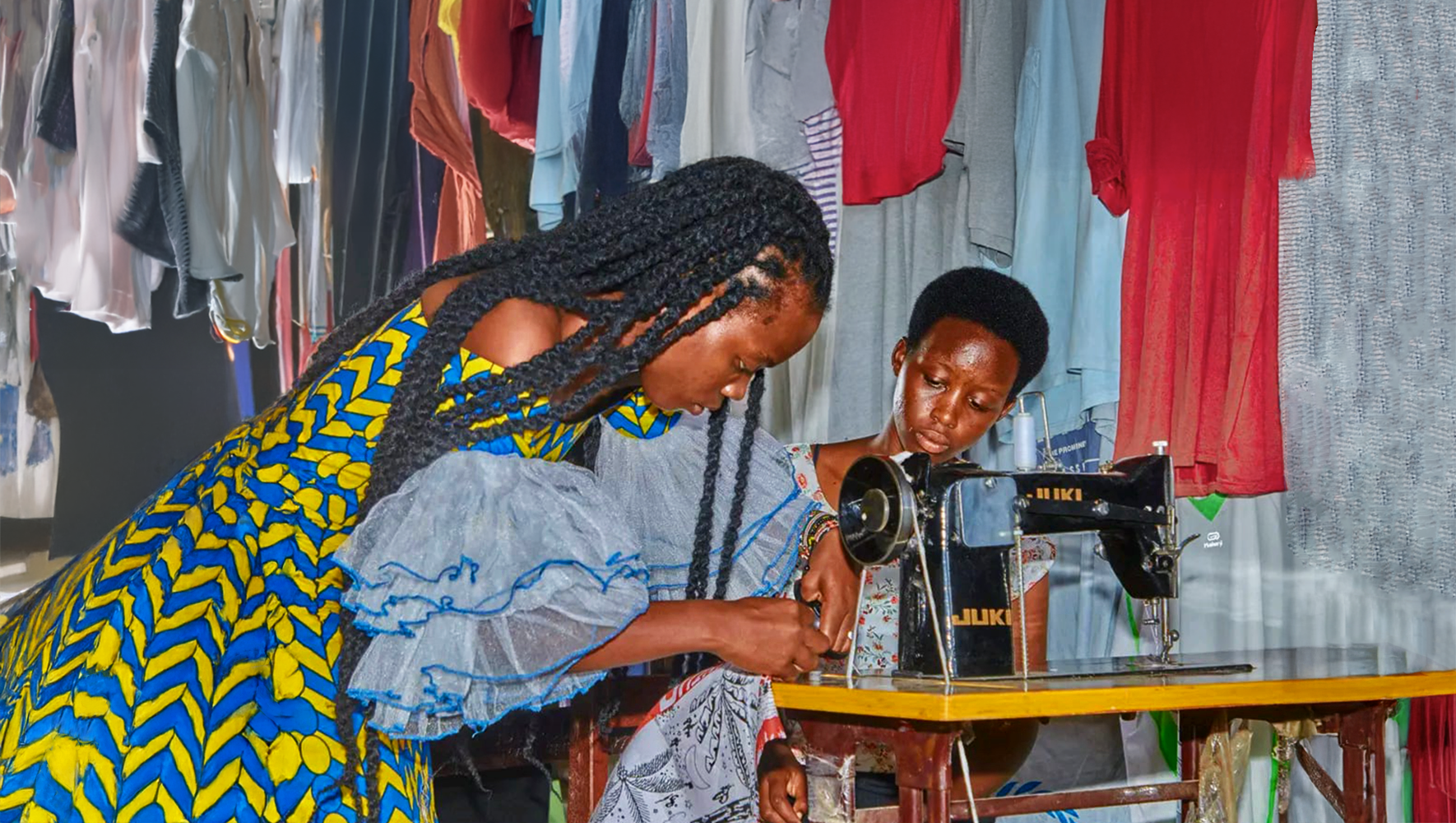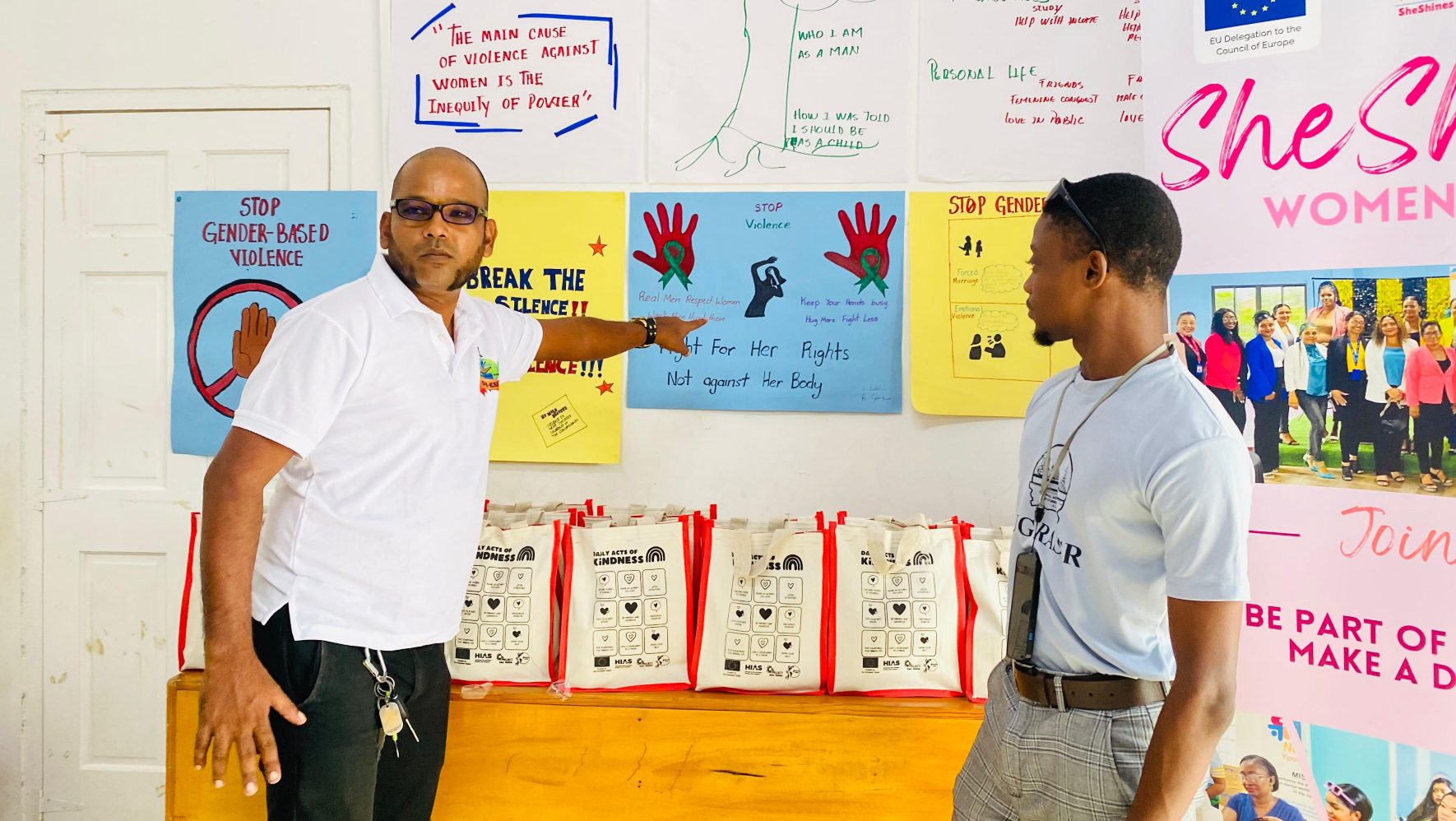
A new report has found that women displaced from Ukraine face increased risk of gender-based violence (GBV) in Moldova and Romania, underscoring the enormous difficulties faced by those fleeing Ukraine’s war. HIAS partnered on the report with VOICE, a global feminist organization working to end violence against women and girls in conflict, crisis, and disaster settings.
This is the second assessment undertaken by VOICE looking at the safety, protection, and well-being needs of Ukrainian women refugees living in the two countries. The first reports about Moldova and Romania were conducted at the beginning of the crisis. A year later, there are continuing challenges as well as emerging ones. Here are some cited by the report:
- There are still gaps in the dissemination of information on humanitarian protection and services for refugee women in Moldova.
- Psychological support has become a priority: depression, anxiety, and post-traumatic stress disorder are common, requiring intensive mental health interventions.
- There are now new gender roles and expectations of refugee women as head of the family and sole provider of income, which brings increasing risks of GBV, including sexual and labor exploitation to meet basic needs.
- Many refugee women in Romania are still experiencing domestic violence, with their husbands/partners in Ukraine exerting control over them remotely, including through manipulation and blackmail. Ukrainian women seldom complain to the authorities, as they fear losing humanitarian protection support.
HIAS and VOICE make many recommendations in the reports. Among them:
- Develop and disseminate information and education materials about GBV, women’s rights, sexual and reproductive health, and available GBV and reproductive health services in relevant languages to refugees and other vulnerable women.
- Create safe spaces for displaced women and girls.
- Build the capacity of organizations providing services to refugees to mainstream GBV risk mitigation.
For more information, read:
VOICE-HIAS Romania GBV Assessment Report



